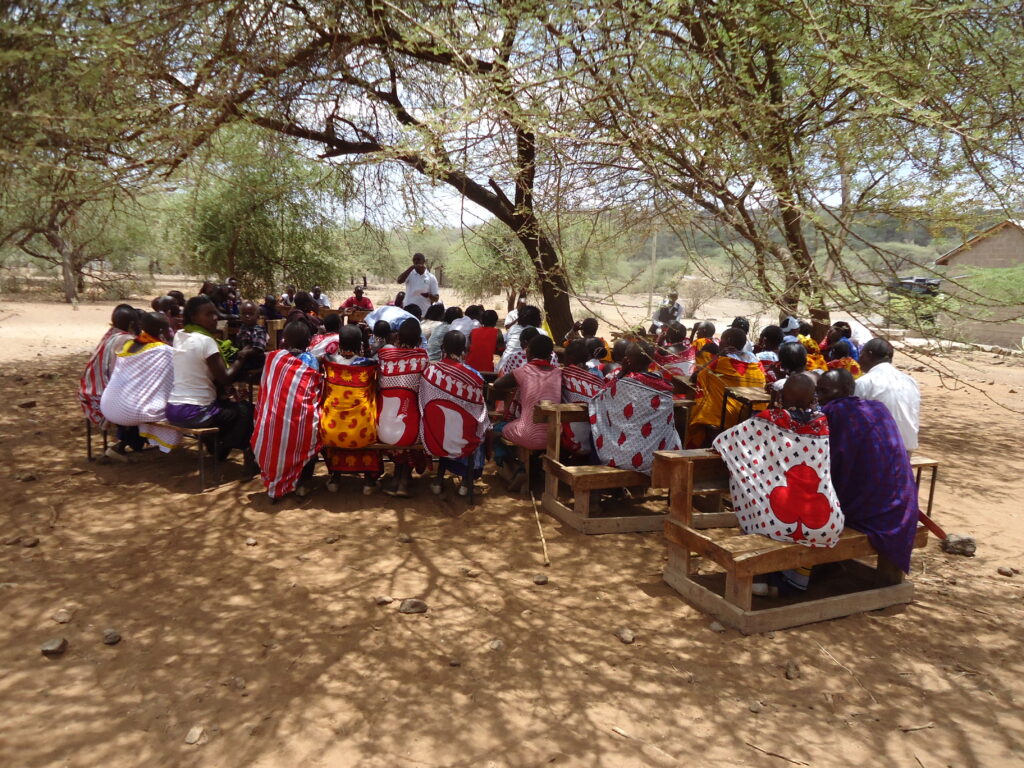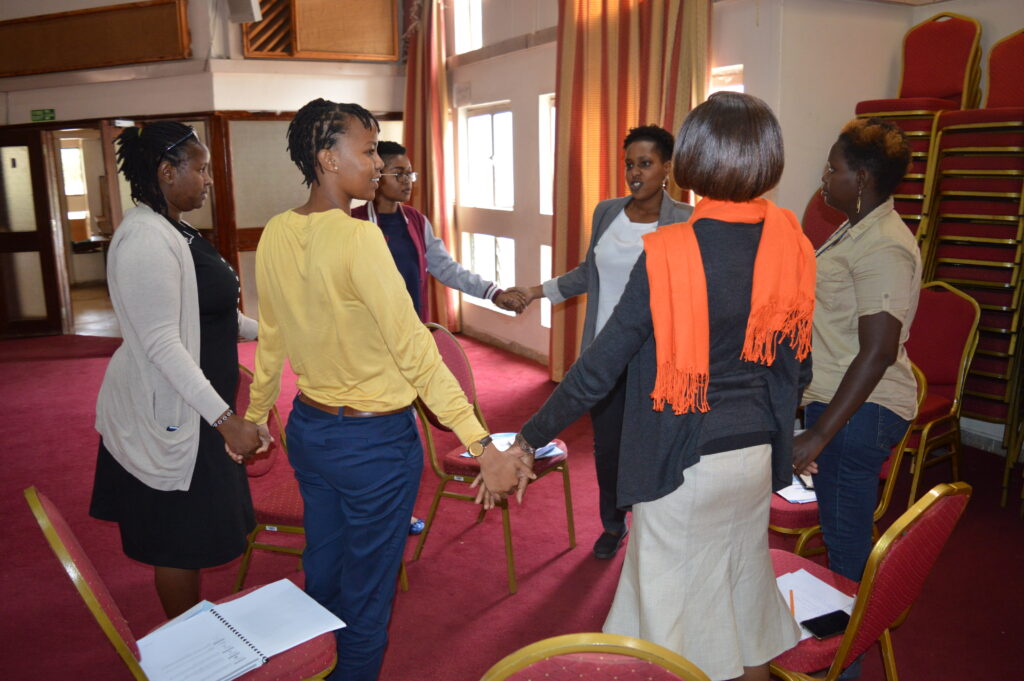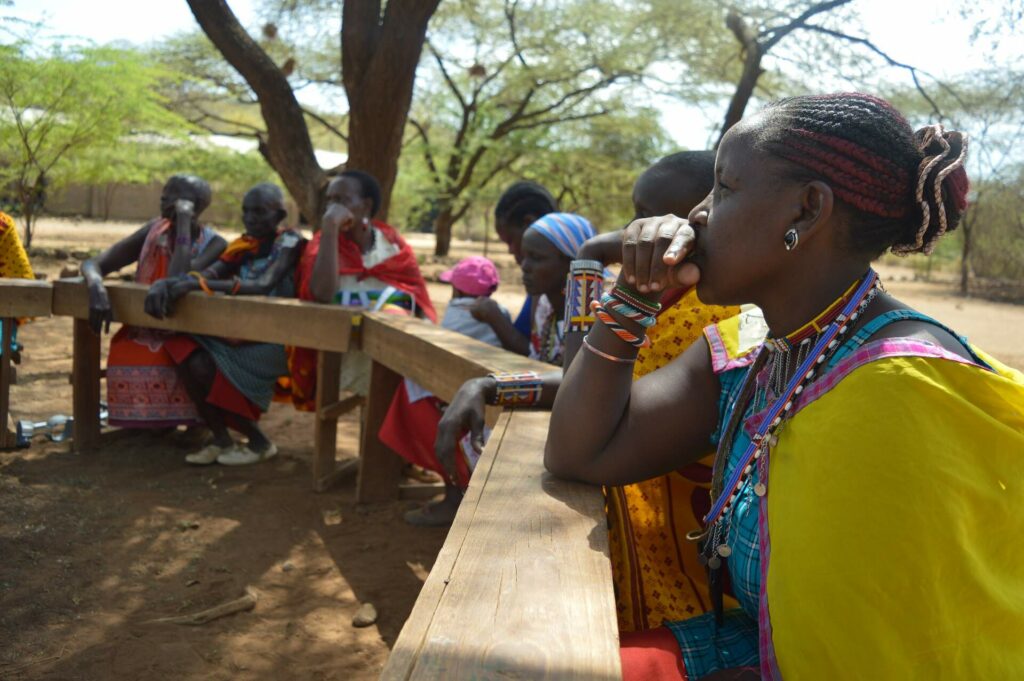There is a growing concern among donor community and development practitioners about the effectiveness of donor funded projects across all sectors with some studies showing extremely low efficacy rates of CT/PCVE projects. In response to this concern, we have adopted efficacy as one of our core values.
We recognize that evaluation of effectiveness of donor funding has been shifting from project specific to sector-wide approaches, from numbers reached to human impact stories, from program based financing approach to direct budget support, and now more than there before the requirements for accountability for donor funds stretches’ beyond quantitative finance and program numbers, to qualitative aspects of impact on lives, relationships, policies, practices and engagements among other things throughout the project cycle.
We constantly ask what makes our intervention design unique and how can we make it more effective in the way it impacts and transforms?


Sustainability of donor funded projects is a key determinant of the success of any Non-Profit. Increasingly lately, donor funding is shrinking at an alarmng rate. Sustainability as a value, is a powerful reminder that our programs and projects are a part of an overaching development web and do not exist in isolation.
Our initiatives therefore ought to draw from and feed into existing framework of national, regional and international laws, policies, action-plans and strategies of governments, institutions, agencies and communities. It is also about broadening and diversifying our sources of income and support to include in-kind support from target groups and communities of beneficiaries, and high net-worth individuals, the private sector, consultancy services, trusts and foundations and multilateral institutions.
It is about strengthening our relevance, value proposition and cost effectiveness, building bridges for effective partnerships and collaboration, strengthening essential linkages, adopting the use of technology, effective stakeholders and target groups involvement and participation, streamlining our management structure, co creation with the public sector and aligning with national, regional and international goals.
Lately many organizations are beginning to understand and appreciate the fact that there is a chance that their work -however well meaning, can have negative context-impact beyond the organization staff, stuff, beneficiaries and standing. ACES – Africa Center remains conscious to this fact throughout the project cycle from conceptual research, design, baseline, fundraising, implementation, monitoring to the end-line.
As a result of this, we seek to develop understanding of historical perspectives, political process including power distribution, patterns of state-society relationships, validity of needs and analysis of priorities, sources of relevance and legitimacy, and tradeoffs among diverse goals.
We use this knowledge to build bridges, strengthen linkages, foster partnerships and collaboration, encourage stakeholders and target groups involvement and participation, and to refine our approaches. This helps us to focus on strengths that connect people and the protective factors that influence co-existence, safety and security while remaining alive to weaknesses that divide people and the risk factors that perpetrate violence and instability. We use this knowledge to design projects or programs that minimize harm, support the local capacities and that leave-no-one behind.
